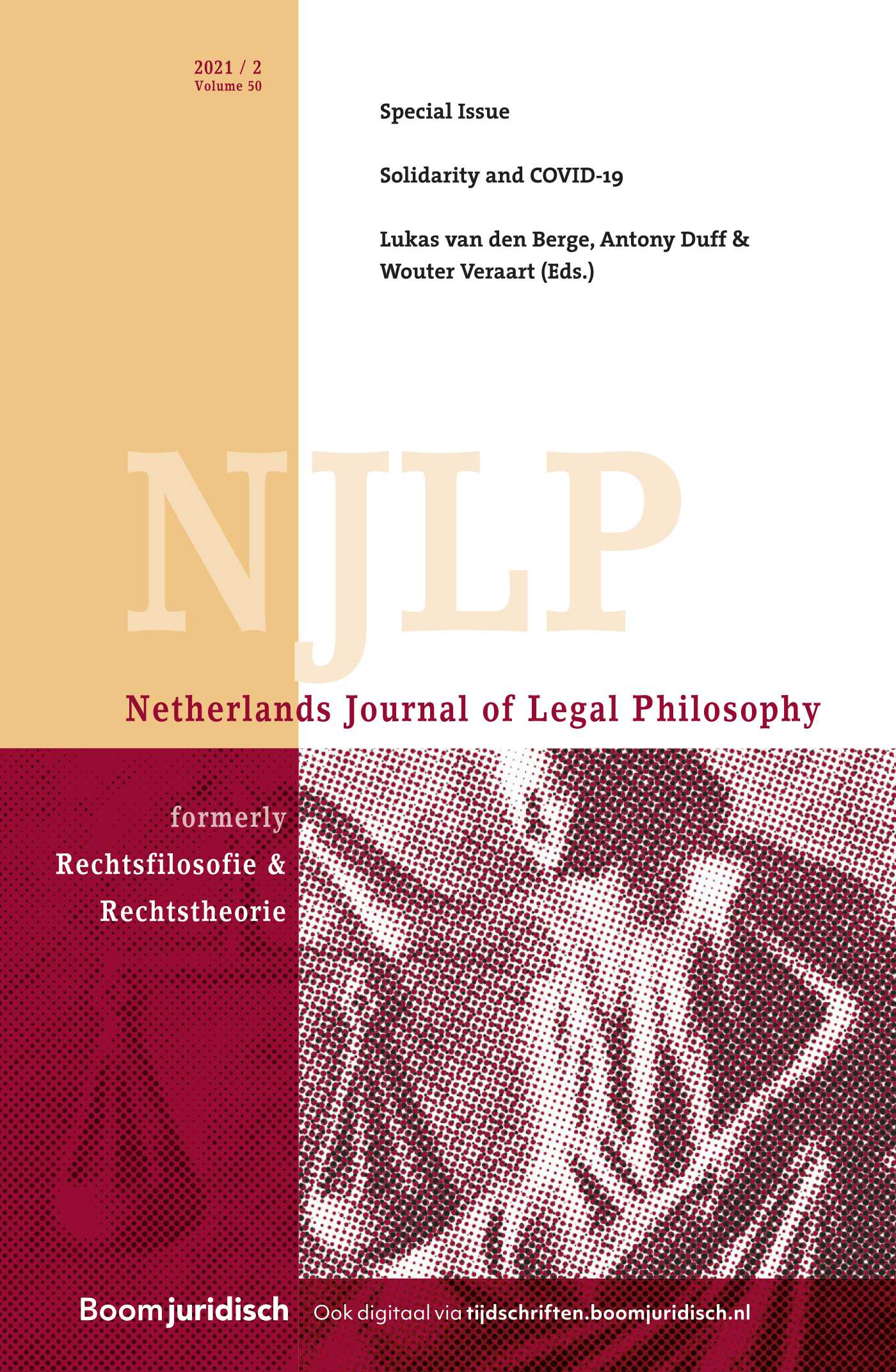|
This article examines how a liberal public morality can be most successfully defended against perfectionism. First of all the five most important liberal arguments for freedom are taken from what is called the liberal canon: a number of characteristic works of John Locke, Immanuel Kant, John Stuart Mill, Isaiah Berlin, Joseph Raz, Ronald Dworkin, and John Rawls. These five arguments are identified as: social and political realism, respect for autonomy, fallibility of ideas, pluralism, and respect for reasonableness. Next, the persuasiveness of these arguments is assessed, starting with the argument of respect for reasonableness, which is at the heart of Rawls’s political liberalism. It is concluded that in itself this argument is not strong enough to persuade perfectionists. A powerful defence of a liberal public morality needs the other arguments for freedom as well. Finally, the paper outlines how these other arguments can strengthen the argument of respect for reasonableness in a coherent manner. |


Netherlands Journal of Legal Philosophy
About this journalSubscribe to the email alerts for this journal here to receive notifications when a new issue is at your disposal.
| Discussion |
|
| Authors | Irina Baraliuc, Sari Depreeuw and Serge Gutwirth |
| Author's information |
| Article |
|
| Keywords | enforcement of morals, liberalism, liberty, political liberalism, Rawls |
| Authors | Alex Bood |
| AbstractAuthor's information |
| Article |
|
| Keywords | general jurisprudence, globalization, global legal pluralism, legal positivism, analytical jurisprudence |
| Authors | Sidney Richards |
| AbstractAuthor's information |
|
Globalization is commonly cited as an important factor in theorising legal phenomena in the contemporary world. Although many legal disciplines have sought to adapt their theories to globalization, progress has been comparatively modest within contemporary analytical jurisprudence. This paper aims to offer a survey of recent scholarship on legal theory and globalization and suggests various ways in which these writings are relevant to the project of jurisprudence. This paper argues, more specifically, that the dominant interpretation of globalization frames it as a particular form of legal pluralism. The resulting concept – global legal pluralism – comes in two broad varieties, depending on whether it emphasizes normative or institutional pluralism. This paper goes on to argue that these concepts coincide with two central themes of jurisprudence, namely its concern with normativity and institutionality. Finally, this paper reflects on the feasibility of constructing a ‘general’ and ‘descriptive’ jurisprudence in light of globalization. |
| Article |
|
| Keywords | Messina, earthquake, state of exception, rule of law, progress |
| Authors | Massimo La Torre |
| AbstractAuthor's information |
|
Messina, a Sicilian town, was devasteted by an earthquake in1908. It was an hecatomb. Stricken through this unfathomable disgrace Messina’s institutions and civil society collapsed and a sort of wild natural state replaced the rule of law. In this situation there was a first intervention of the Russian Czarist navy who came to help but immediately enforced cruel emergency measures. The Italian army followed and there was a formal declaration of an ‘emergency situation.’ Around this event and the several exceptional measures taken by the government a debate took place about the legality of those exceptional measures. The article tries to reconstruct the historical context and the content of that debate and in a broader perspective thematizes how law (and morality) could be brought to meet the breaking of normality and ordinary life by an unexpected and catastrophic event. |
| Book Review |
|
| Authors | Jaap Hage |
| Author's information |
| Book Review |
|
| Authors | Thom Holterman |
| Author's information |
| Book Review |
|
| Authors | Geert Knigge |
| Author's information |
| Book Review |
|
| Authors | Jaap Zwart and Femke Storm |
| Author's information |

 Issue 3
Issue 3